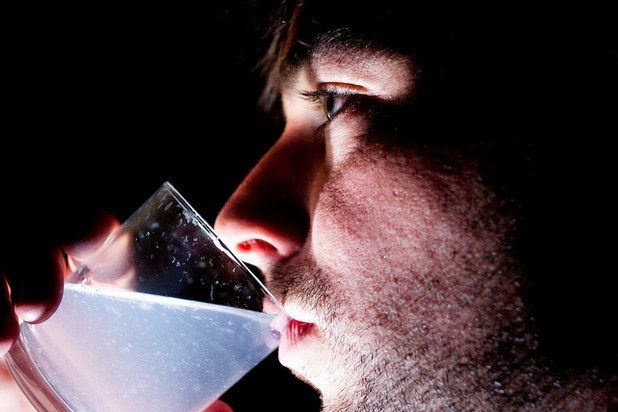Scientists Explain Why Alcohol Causes Embarrassing Behaviors
In an experiment which had study subjects perform a complicated computer task (game) that was designed to elicit some mistakes, subjects who had consumed alcohol were just as aware of their mistakes as study subjects who had not consumed alcohol, but unlike the sober gamers, they just didn’t care very much about making a mistake.
- After making a mistake, subjects who had not consumed alcohol would slow their play to avoid making more mistakes, and to get back in control of their play.
- After making a mistake, study subjects who had consumed alcohol would exhibit no such slow-down.
According to the researchers, the brain has a function that works like an alarm, which picks up on external cues and lets us know when we’re making a mistake of some sort. Previous research has shown that alcohol dulls the effectiveness of this function, but in this latest experiment it seems clear that although the activity of our mistake-alarm is diminished, we are still very able to tell when we’re making a mistake after drinking - it’s just that we lose the ability to really care about the consequences.
Commenting on the significance this has for people in real-world scenarios, lead researcher associate professor of psychology Bruce Bartholow explains that “Going home with that person might be a bad idea, taking a swing at that guy might not be a good idea, getting in my car and driving home right now is probably not a good idea: People know these things are wrong, but they just don't feel as bothered by the implications."
The full study results will be published in The Journal of Abnormal Psychology.
Post a comment 0
Copyright Notice
We welcome republishing of our content on condition that you credit Choose Help and the respective authors. This article is licensed under a Creative Commons License.

 John Lee
John Lee
